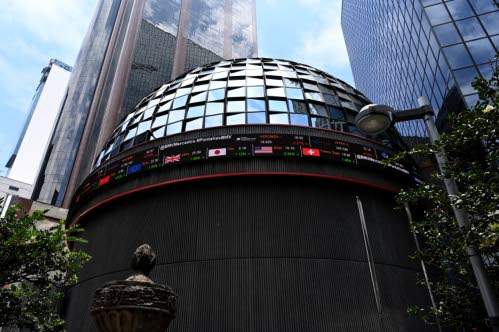MEXICO CITY, Mexico — General view of the Mexican stock exchange in Mexico City on June 6, 2019. -The Mexican peso has plummeted against the dollar since US President Donald Trump announced his plan to avert tariffs a week ago (Photo: AFP)
WHAT is private equity? This is ownership of shares in a company that is not public (privately owned), that is, it is not listed on a stock exchange.
In the last few years, Jamaica has seen a significant increase in the number of private equity deals floated.
The right environment is critical for private equity to flourish, namely, it is important that interest rates remain low. As interest rates rise, the number of defaults on debt increase which simultaneously reduces the number of deals because costs become too prohibitive. A flourishing/growing economy is also a positive for the growth of private equity.
Features of private equity include fairly high barriers to entry, which makes it ideal for institutional investors, pension funds and high net-worth individuals. Generally, you would have to be an accredited investor to participate. An accredited investor as defined by the Financial Services Commission would have to either earn J$10m consecutively in the last two years or have a net worth of J$50m or more or invest US$100,000 in the instrument.
So, in a nutshell, private equity is not for everyone!
A typical deal will involve a private equity fund seeking attractive deals, which involves extensive due diligence. The method of investing varies considerably from a passive purchase in stocks by a small investor.
In the case of private equity, an equity/ownership stake is usually taken, and the private equity firm is actively involved and will lend their expertise to the running of the company. However, they earn the bulk of their money upon the exit from the investment.




Leave A Comment